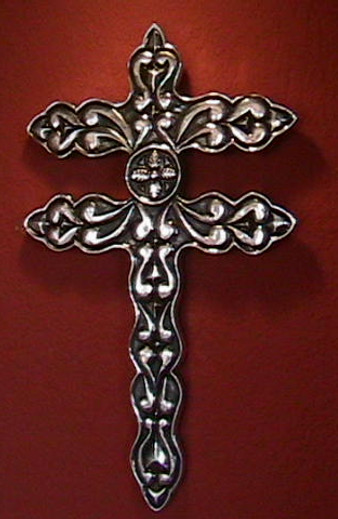


Ministry of Adoration




Theology
Biblical teaching impacts both the body of Christ and the world. Good theology carries Christians into communion and fellowship. Theology also carries us out into the world as a testimony of who God reveals Himself to be in Christ and through His church.
Ministry events help bring restoration to the image of God. Sound Biblical theology is instrumental for people to come to terms with the truth of God’s will and to trust in His power and faithfulness.
Human sin has broken the spiritual connection between humanity and God. It has also broken the social connection between humans. In addition the natural connection between humanity and nature, and the internal wholeness of each individual have been broken by sin beyond human repair. It is only by the finished work of Christ that the alienation and disruption caused by human sin can be repaired. Good theology helps people get to the point of being “done with sin” (1 Pet 4:1, NIV).
Believers are challenged and encouraged to honor God among the body of Christ, and also to live in the world in obedience to the teachings of Christ, so everyone would experience “good deeds and glorify your Father in heaven” (Matt 5:16). Believers also, for a loving response to the gospel, are given opportunities to participate in events of good works within the church and in the community whenever practical. Therefore, sound theology is always part of our Christian ministry focus.
Liturgy
Some Christian ministries consider themselves to be non-liturgical, while others very liturgical. Approaches to Christian ministry differ, and UCC does not attempt to standardize liturgy. Some church services are more scripted than others. This may be due to denominational norms or diversity, as well as diverse gifts and talents within diverse congregations.
Each ministry typically has a standardized order of events, whether denominationally driven or locally developed. This tends to be true for sacramental services as well as for worship or prayer services. The importance of liturgy is the participation of the people in the work of God, which is the saving work of Jesus Christ. Through liturgy, Christ continues to work redemption in the lives of believers.
Liturgy is the public service or works for the sake of the people. For Christians, liturgy is a principal act of worship which is predominantly the Sunday service. It is provided as a pleasing sacrifice in the presence of God. We have inherited this service, liturgy, or ministry as a Christian duty, being that we are a Royal Priesthood and Holy Nation through baptism into Christ. It is a reciprocal service as believers worship God, and as the Holy Spirit ministers to the worshippers of God.
Whereas the minister preaches the sermon, offers prayers, and blesses sacraments, one person might be designated in a particular service to function as a liturgist. This person might read announcements, scriptures, or calls to worship. However, the entire congregation, through various displays of adoration, offers liturgy to God and to the people.
